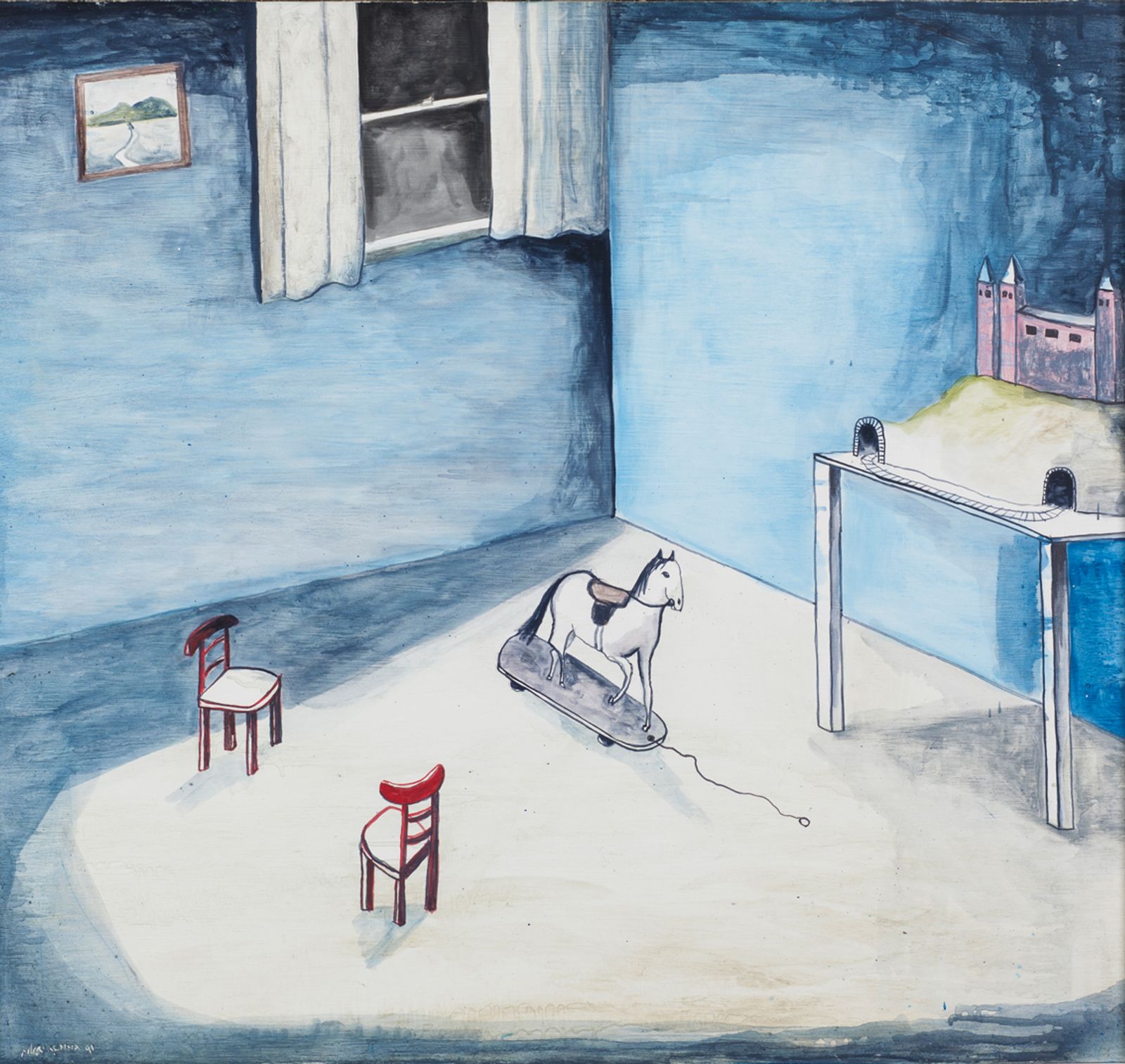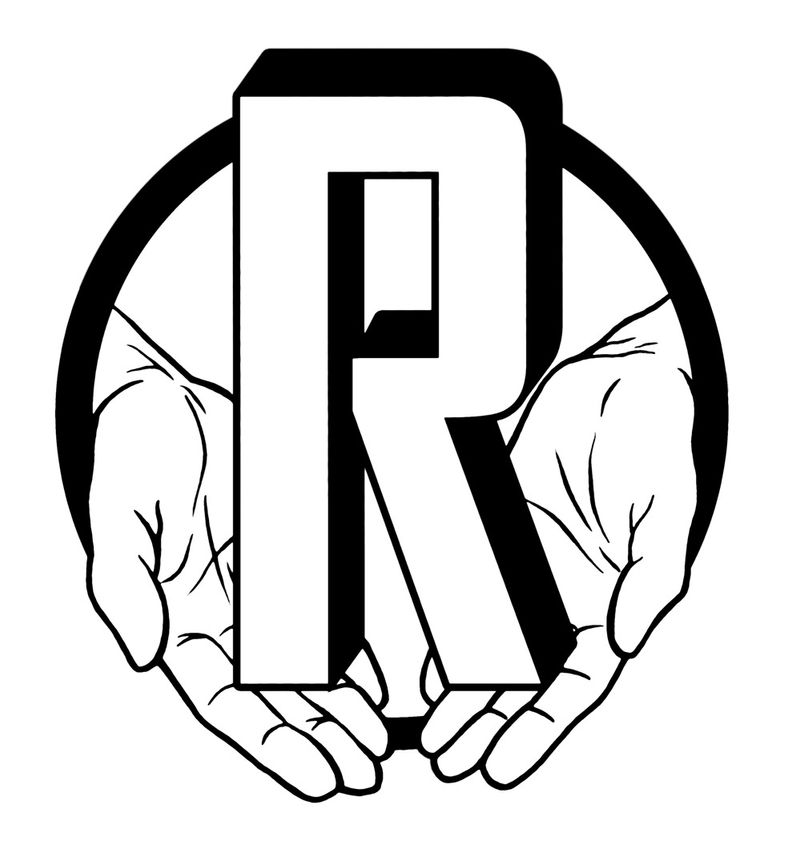
Four Prose Poems

Diary
His Chevy Impala took us away, a ploy to spend Sundays driving rather than sitting at home with a family of bickering women and girls. The radio played baseball games or was silent. It was his car, not ours.
To the Palos Park toboggan chutes in winter, where we saw a naked man running in snow; to the Jackson Park Rose Garden, where my Bubi, a hoarder trained by want in her formal shtetl life, stole a lady's pink sweater and nearly got arrested; to the Cracker Jack factory and Midway Airport, no calamities there. To the Gossage Grill, where ketchup for my burger squirted out of its packet onto his sacred upholstery--no more eating in the car-- to buy a Coke at the gas station, where the mannish woman tended the pumps. I admired her slicked back hair.
He sat with me alone in the car while my sister and aunt visited the hospital, where my mother was treated for depression. His corny jokes were hilarious to my 5 year-old self, as time alone with him was a rare blessing.
For want of a son he took me to war movies, to see the Golden Jet play hockey, and to White Sox games with box seats, where he'd run into Jack Fisher, a cigar-smoking lawyer he knew from temple. Many of my social skills I gleaned from their chatty encounters.
My father/daughter Eden ended at puberty. I switched to boys and anything away from home. I went steady, meaning I met a boy named Randy, at the roller rink. I had my sister's old Schwinn bike and was free until my 9pm curfew.
One night on a dash from my house to the car on the icy sidewalk --going to the weekly snowball dance at the JCC-- I was holding onto the door latch when my feet slipped out from under me: I fell so hard I dislocated my knee and saw stars. The x-ray tech at the local hospital lifted me onto the metal table while feeling my breasts. Nothing got said, but I still recall the mortification.
His Impala, white with a red streak, marked an era in my childhood filled with joy, surprise, fear and pain, the elements we stir in our cauldron of existence.
At age 59 he had a better salary and a Buick Electra--on the way to a client, he suffered a massive heart attack and died alone in his car--which came to rest at his high school friend's undergarments factory just off the highway. He was buried of course in a common casket but might have preferred a General Motors coffin. I had my bike. He had his car.
Diary
"The red on the map marks "borders" -- arbitrary, so as to restrict movement."
The child, soaked from the journey, pulls away from her mother to gather some dried leaves on the riverbank. She is pretending to bake cookies for her little brother, decorating them with tiny white pebbles. She serves them on a damp piece of cardboard.
The mother is watching the others slog through the water, avoiding the barbed razor wire to cross the imaginary line. She used to swim on Sundays off the rocks of a quarry in her town, but this is no game.
Leaning in close, the boy pretends to eat his sister's cookies. He is still tiny, but his cousins at age 12 have been forced to be soldiers, disappeared from their homes.
This will not happen to her son.
Diary
The roof of the house once held it all in, talk at the table, whispers in bed. Rumors at night gathered in smoke-colored shadows, weeping in the wine cellar, whose thick walls cushioned the sound. A hole in the attic made songbirds lay their eggs in woven nests in the rafters, where seasons changed and trees budded in spring. The sky was their candled chandelier. No one visited for years. A weasel lived in the fireplace and mice overran the drawer still filled with candied fruit nuggets. The couple, who had bought the house when they were just starting their lives, had been gone since war made it unlivable. They had fled on foot with few belongings to a quiet farmhouse deep in the woods. No one would think of them there, where they had grown older waiting for the war to end. With their bread and cheese and sprig of mint and spring water, they made little offerings to the local saint, the one who blesses those who've disappeared.
Diary
The moonless sky produced no tides. Birds dropped from trees. In spring no flowers bloomed, absent bees dotting the forest floor.
Some thought they had migrated in their sleep to another world, but the relentless sun told them otherwise, as did the rust from faucets. Children stayed inside, huddled against their parents’ knobby shoulders.
Language faded from their brains. The report from the Bureau blamed it on science. After the universities closed, people forgot all knowledge--no more consolation of philosophy.
The next report said it would be the last. Of course no one could read it.
Maxine Chernoff
Maxine Chernoff is the author of 19 books of poetry and six works of fiction. Winner of the NEA in poetry and a PEN Translators’ Award, she was a visiting scholar at the American Academy in Rome. Former editor of New American Writing and former chair of Creative Wriiting at SFSU, she lives in Mill Valley, CA.
Noel McKenna
Noel McKenna works in a variety of media, including oil, enamel and watercolour, lithography and etching, ceramic and metal. He produces offbeat depictions of everyday scenes, often including displaced objects, people and animals. His spare canvases hint at narratives beyond the picture plane, often movingly depicting the relationship between humans and animals.
Noel McKenna is a finalist in the 2021 Dobell Drawing Prize, as well as in 2019. In the same year his work was shown at Art Basel, Switzerland; Sydney Contemporary; Bayside Gallery, Brighton; and Niagara Galleries, Melbourne, and he released the publication End Street through Perimeter Editions. He was a finalist in the 2021, 2020, 2019, 2016, 2015 & 2014 Sir John Sulman Prizes, as well as a finalist in the 2018, 2017 & 2014 Wynne Prize at the Art Gallery of New South Wales. In 2016 McKenna’s work featured in the Dobell Drawing Biennial at the Art Gallery of New South Wales.
In addition to being a finalist in a host of prizes, he has been the recipient of numerous prizes including the Trustees Wynne Watercolour Prize at the Art Gallery of New South Wales, Sydney five times, Mosman Prize, Mosman Art Gallery, Sydney and The Sir John Sulman Prize, Art Gallery of New South Wales, Sydney.
Born in Brisbane, Queensland in 1956, Noel McKenna has exhibited extensively, holding solo exhibitions in Melbourne, Brisbane, Sydney, Adelaide and Hobart, as well as in Korea, Hong Kong, Japan, Ireland and New Zealand. Recent exhibitions include Noel McKenna: Landscape – Mapped at Queensland Art Gallery and Gallery of Modern Art, Brisbane (2017) and Cats that I Have Known at The Watermill Center, New York (2016). South of No North (with Laurence Aberhart and William Eggleston) Museum of Contemporary Art, Sydney (2013).
His work is held in all major state and regional galleries, and important public and corporate collections throughout Australia and overseas. McKenna currently lives and works in Sydney.
(bio from Niagara Gallery)
